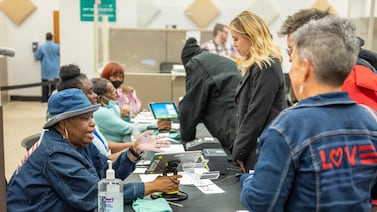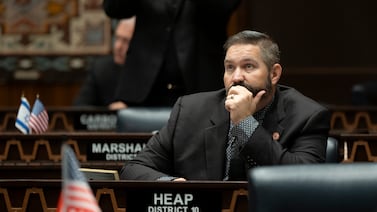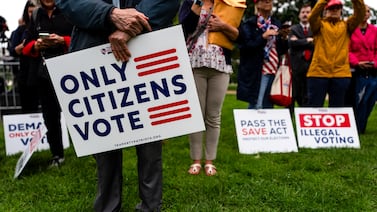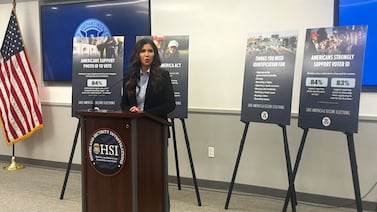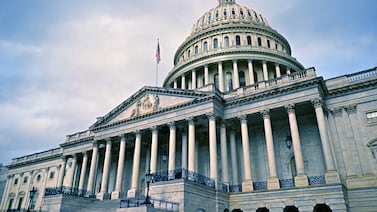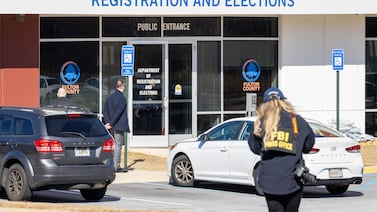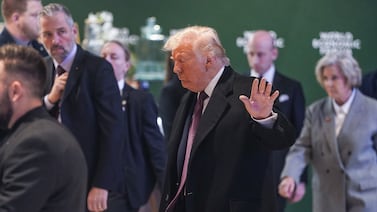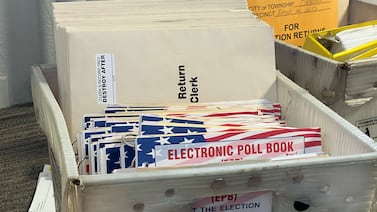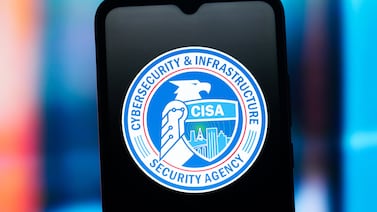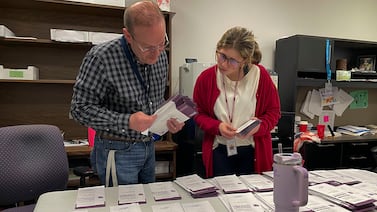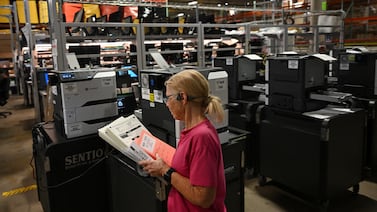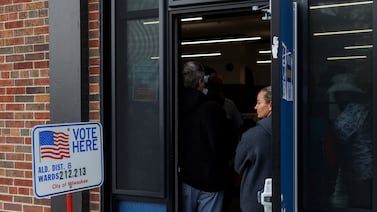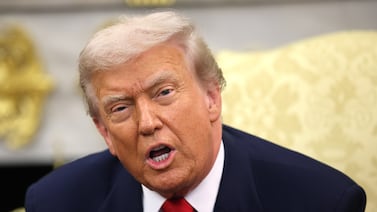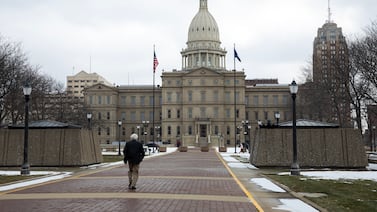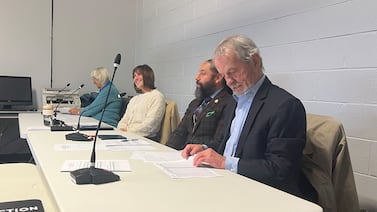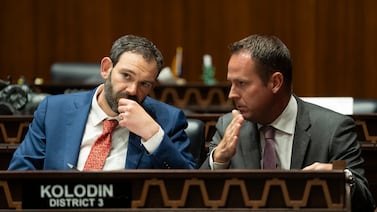Election Security
The proposal undermines the principle of ballot secrecy that has undergirded U.S. elections for 130 years.
The database the county used to assess voters’ citizenship has turned up false positives in other states.
If enacted, the SAVE America Act would create hurdles for potential voters and election officials alike.
Noem pushed the SAVE America Act in her remarks, but speculation swirled amid a dearth of information ahead of her visit, highlighting election officials’ fears.
The bills would expand federal authority, requiring proof of citizenship when registering to vote and photo IDs when voting.
Secretaries of state gathered for a national conference emphasize confidence in election systems
Officials say elections will happen — the bigger danger is chaos and distrust.
There are significant legal and practical barriers to sending the military to polling places. But some officials are still worried.
Lists of noncitizens are prone to error, and comparing them to the voter rolls can lead to false positives.
It’s the process that keeps ballots secure. When it’s not maintained, voters can be disenfranchised.
After years of collaboration on election security, states say federal support is retreating — and trust is collapsing.
Discussions at an annual conference spotlight the concerns hanging over preparations for the midterms.
The ruling affirms the result of the Michigan city’s close mayoral race but may not resolve the dispute.
County officials said the name used for a background check didn’t match the court database, and they’ve identified steps to prevent it from happening again.
The DOJ has now sued at least 21 states in search of voter information that election officials say would be illegal to disclose.
The move could prompt a lawsuit, as the federal government has sued over a dozen states in its quest for unredacted voter rolls and other information.
Legal scholars say the president’s language in the pardon of his allies was ‘sloppy.’
The federal government doesn’t usually intervene in election administration, and the GOP request was vague about what it envisioned.
The Michigan city had an unusually high number of mail ballots that needed extra signature checks.
Rep. Alex Kolodin’s legislation would tighten restrictions and add a new proof-of-citizenship requirement.

